In addition to Weibo, there is also WeChat
Please pay attention

WeChat public account
AutoBeta


2024-11-24 Update From: AutoBeta autobeta NAV: AutoBeta > News >
Share
AutoBeta(AutoBeta.net)11/02 Report--
Driven by the policy, pure electric vehicles are gradually expanding their market share, but at present, the proportion of individuals buying pure electric vehicles is low, and the market driving force is obviously insufficient. In order to reduce exhaust emissions, relevant departments around the country force taxis, ride-hailing and buses to use electric vehicles and completely eliminate fuel-fueled vehicles, which has become a general trend.
On October 30, a person in charge of the Beijing Municipal Commission of Communications revealed that Beijing will replace all expired cruise taxis with pure electric cars this year and next. By the end of next year, nearly 20,000 taxis in Beijing will be upgraded to new energy vehicles, more than 20% of the total number of taxis in Beijing.
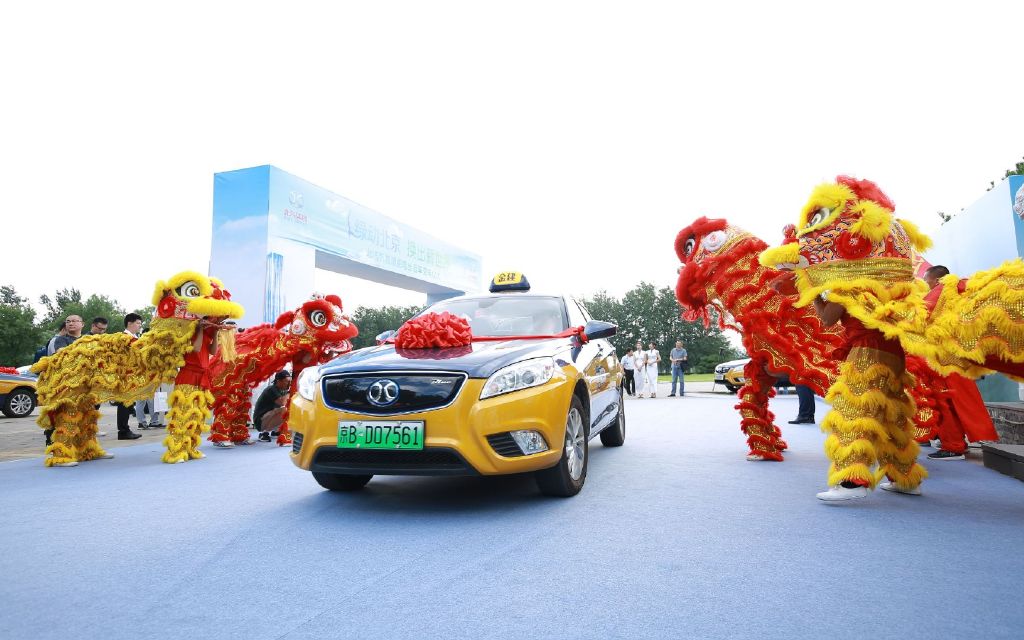
Earlier, the state issued relevant policies requiring new or updated taxis to be replaced with new energy vehicles, and many cities have begun to require the application of new energy vehicles. Beijing has also issued a three-year action plan to gradually replace oil cars with trams to reduce emissions.
At the same time, in order to solve the problem of short mileage of new energy taxis, Beijing has begun to popularize the use of "power exchange models" to improve the overall operational efficiency, and the layout of power stations within 5 to 10 kilometers within the Fifth Ring Road can be completed in an average of 3 minutes, which is more convenient than the charging mode.
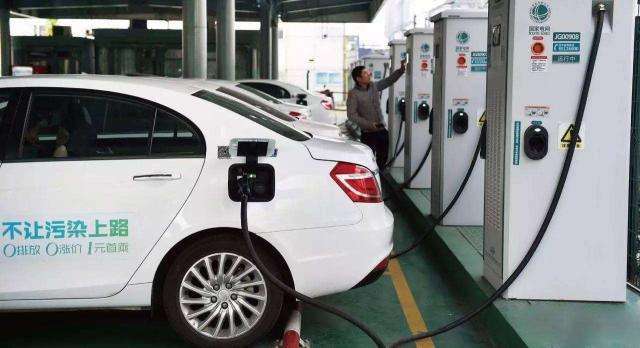
The operation vehicles of short-distance transportation, such as taxis, online ride-hailing and buses, is one of the ways to realize the promotion and application of new energy vehicles. As more and more cities cooperate with the concept of environmental protection, this kind of operating vehicles will be gradually electrified.
On September 29, 2019, the Zhengzhou Transportation Bureau issued a notice on matters related to the use of new energy vehicles by urban taxi operators, requiring that new online car-hailing and taxis should not be driven by fuel. Starting from October 1, 2019, new online ride-hailing and updated parade taxis in Zhengzhou will stop using other types of vehicles such as fuel and gas, and must use new energy pure electric vehicles announced on the industry's official website, according to the notice.
In August 2019, the Guangzhou Municipal Bureau of Transportation issued a notice on speeding up the promotion of new energy ride-hailing. It is clear in the notice that all new and new ride-hailing vehicles must be new energy vehicles. Among them, plug-in (including incremental) hybrid vehicles should also meet the pure electric mileage of not less than 70 km. At the same time, Guangzhou is also speeding up the electrification of taxis, and plans to basically realize the comprehensive new energy of the city's cruise taxis in the next two to three years.
In April 2019, Shenyang made it clear that new network taxis should all use pure electric new energy vehicles, and encourage parade taxis to be updated to pure electric vehicles.
In June 2018, Shenzhen issued a notice banning new registrations of non-pure electric vehicles as online taxi booking, meaning that all new online ride-hailing vehicles must be pure electric vehicles. At the same time, at the end of 2018, the stock of 7500 fuel cruise taxis in Shenzhen was replaced by pure electric vehicles, basically realizing the pure electrification of cruise taxis.
Since 2015, Taiyuan has gradually replaced taxis with BYD pure electric taxis, and Taiyuan has become the first city in China to realize fully electric taxis.
So far, Guangzhou, Shenzhen, Foshan, Kunming, Taiyuan, Dalian, Shenyang and other places have introduced relevant measures to require full electrification of online contracts and taxis to achieve the phase-out of fuel vehicles.
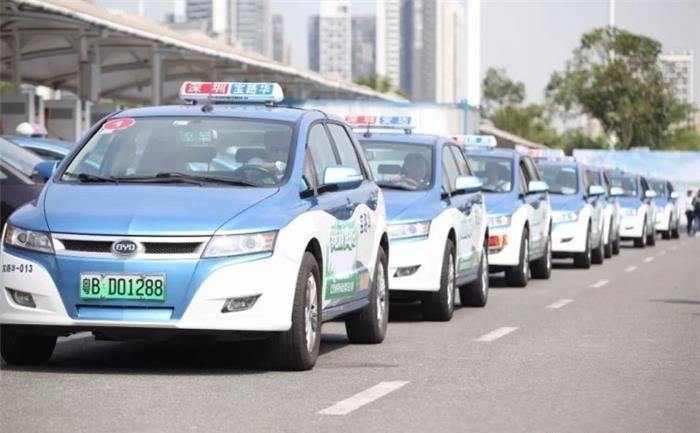
Online contract and taxi market promote the sales of new energy vehicles. It is understood that in the current new energy vehicle sales market, online car-hailing and taxis account for a large proportion, while private users' purchase of new energy vehicles has not yet become the mainstream, and the market driving force is obviously insufficient. The policy bundled ride-hailing and taxis gradually electrified and eliminated old fuel vehicles, which to a certain extent promoted the sales of new energy vehicles.
It is believed that new energy vehicles will be extended to the field of private cars in the near future. In August this year, the Ministry of Industry and Information Technology issued a reply to the proposal to study and formulate a timetable for banning the sale of fuel vehicles to speed up the construction of an automobile power. The Ministry of Industry and Information Technology clearly pointed out that China will support the establishment of pilot no-traffic zones for fuel vehicles in places where conditions are available, and on the basis of success, we will co-ordinate the study and formulation of a timetable for the withdrawal of fuel vehicles. Besides, Wang Chuanfu, chairman of BYD, suggested that the private car field be fully electrified by 2030.
Welcome to subscribe to the WeChat public account "Automotive Industry Focus" to get the first-hand insider information on the automotive industry and talk about things in the automotive circle. Welcome to break the news! WeChat ID autoWechat
Views: 0
*The comments in the above article only represent the author's personal views and do not represent the views and positions of this website. If you have more insights, please feel free to contribute and share.





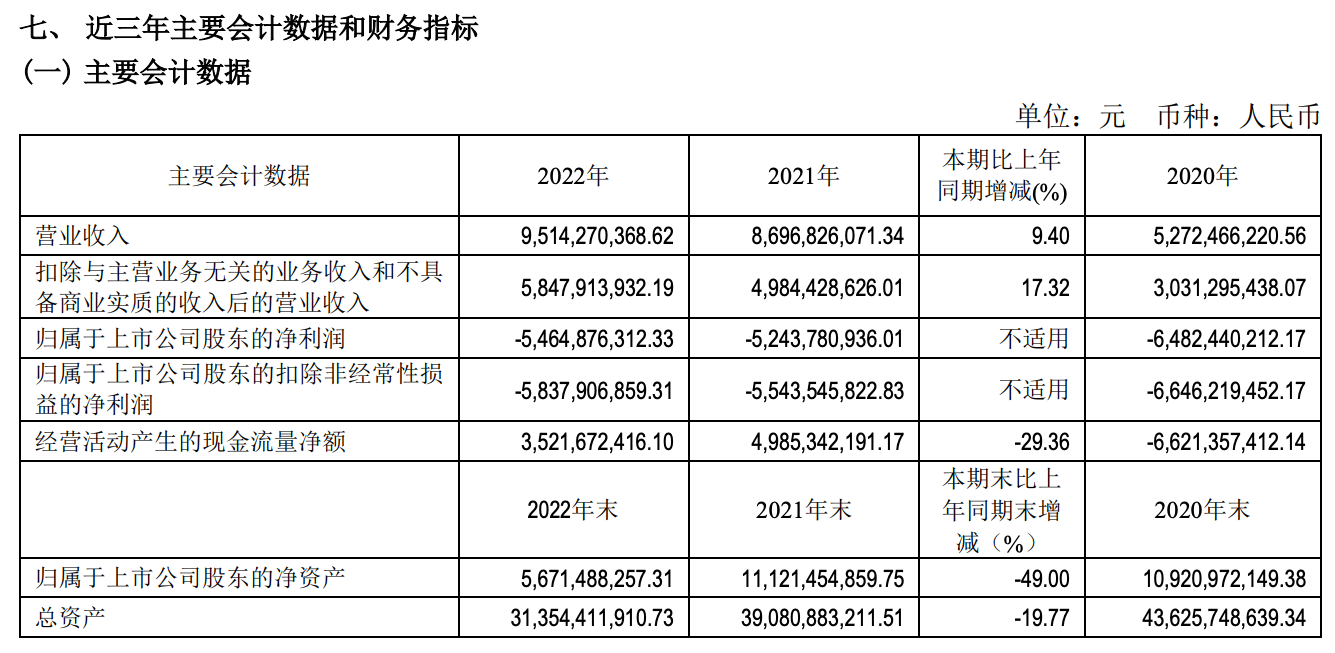

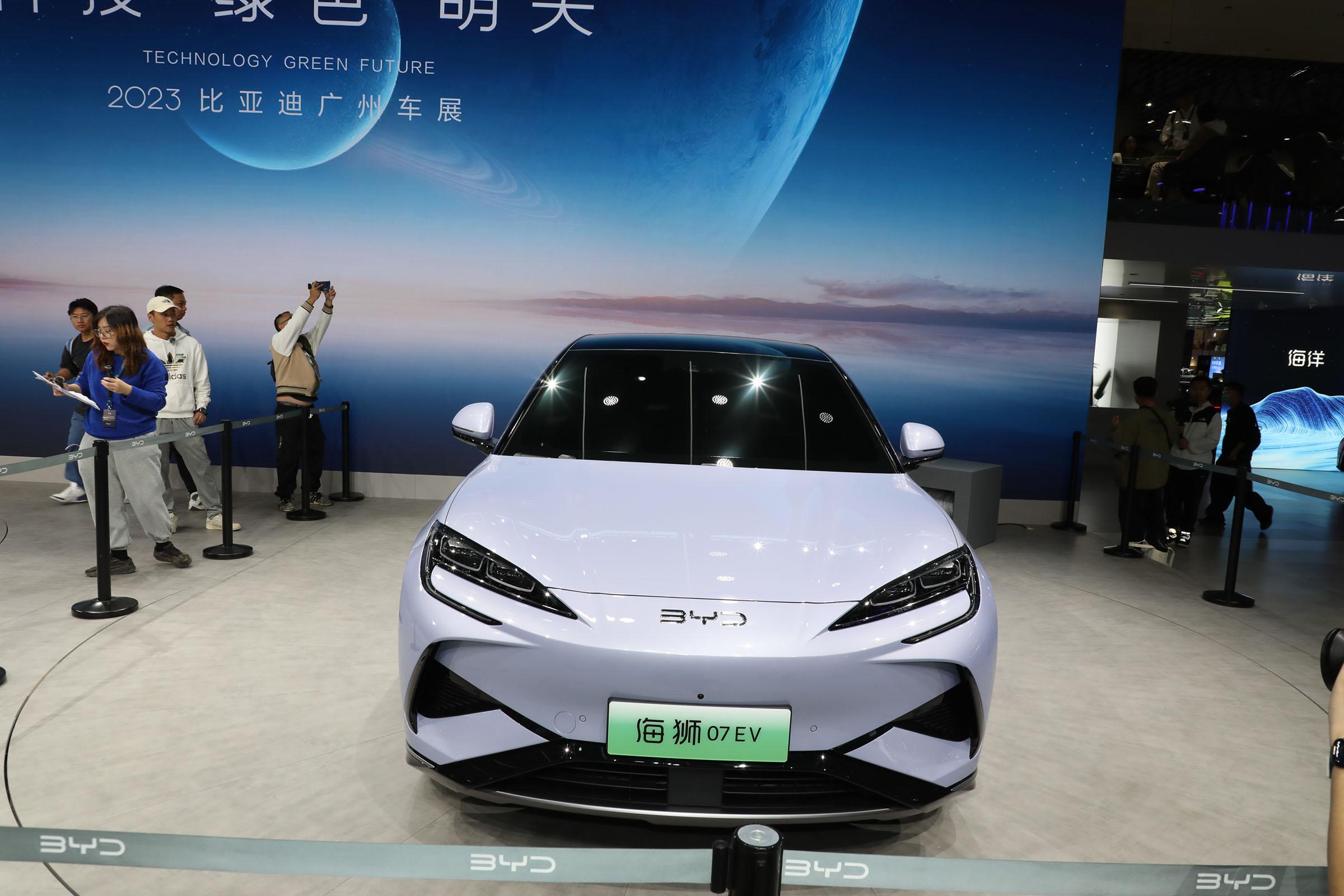



© 2024 AutoBeta.Net Tiger Media Company. All rights reserved.